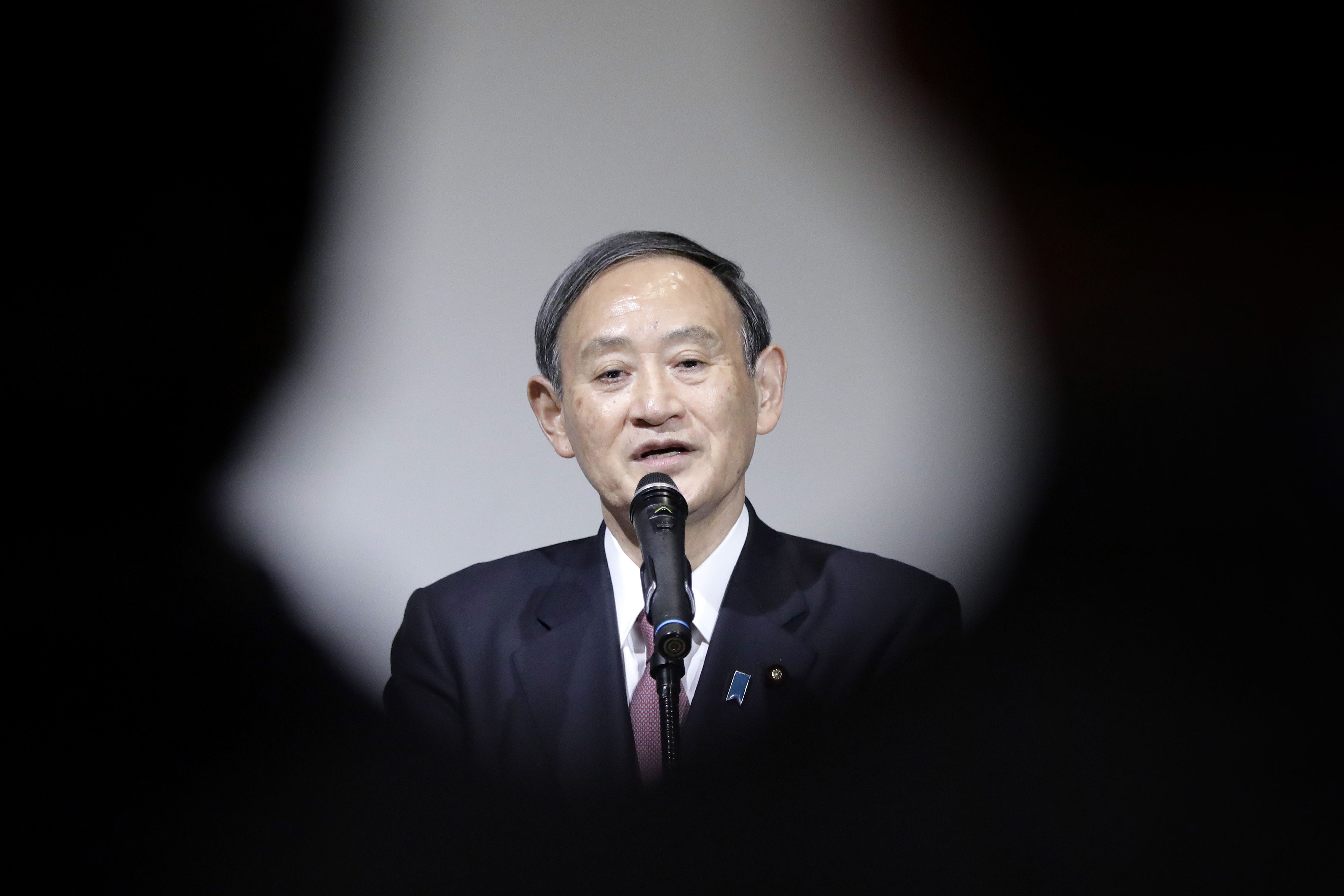The government decided Tuesday to centralize aspects of the agricultural product export process, including food safety management and the farm ministry's negotiations with importers, starting next spring in an effort to streamline operations.
The move is aimed at cutting down export processing times by making clear which government body manages the system. At present, the agricultural ministry oversees negotiations on conditions set by importers, while the health ministry drives efforts to obtain an international food safety management certification.
Certification under the Hazard Analysis and Critical Control Point system, which manages food hygiene and safety procedures, is required when exporting agricultural products such as beef to Europe and the United States.
"We hope to prevent any delay of high-potential farm exports caused by the sluggish administrative process as soon as possible," Chief Cabinet Secretary Yoshihide Suga said Tuesday at a ministerial meeting on Japan's farm exports.
The government has set a farm export target of ¥1 trillion for this year.
Proposed changes include the government sharing the details of businesses wishing to export farm products with local municipalities that certify the products' safety and origin so documentation can be issued faster.
Private sector institutions will also be permitted to perform food safety inspections.
The government aims to submit a bill on the new farm export policy to the Diet during an extraordinary legislative session expected to be convened this fall.
In 2018, Japan's agricultural exports amounted to a record ¥906.8 billion, with Hong Kong remaining the largest buyer of Japanese farm produce. China and the United States were second and third, respectively.
However, 23 countries and regions continue to restrict food imports from Fukushima Prefecture and surrounding areas following the 2011 disaster at the Fukushima No. 1 nuclear plant.




